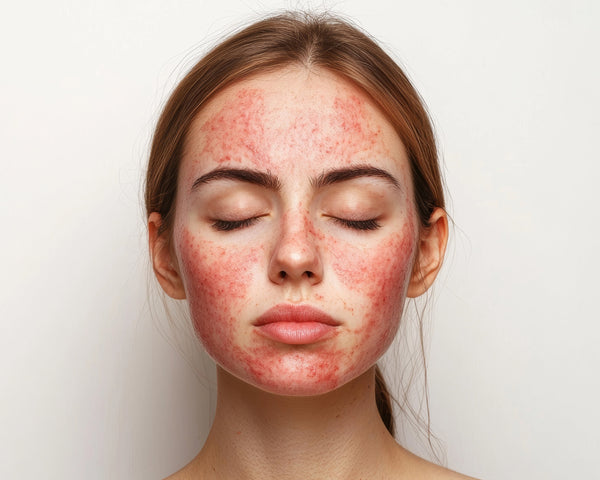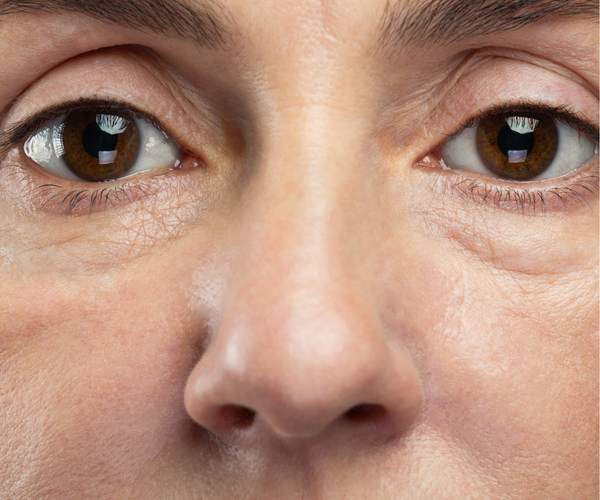What Is Hyperpigmentation and How to Get Rid of It Naturally

Hyperpigmentation is a common skin condition characterized by dark patches or spots caused by an overproduction of melanin. It can result from sun exposure, hormonal imbalances, acne scars, or skin injuries. While it’s not harmful, it can impact confidence and skin health. The good news? There are natural, effective ways to address hyperpigmentation and restore your skin's natural glow.
Types of Hyperpigmentation
-
Post-Inflammatory Hyperpigmentation (PIH):
- Occurs after skin inflammation or injuries like acne or eczema.
-
Melasma:
- Triggered by hormonal changes, often during pregnancy or from contraceptives.
-
Sunspots (Lentigines):
- Caused by prolonged UV exposure, typically appearing on areas frequently exposed to the sun.
Natural Solutions for Hyperpigmentation
-
Sun Protection Is Essential
- Daily sunscreen is your first line of defense. Choose mineral-based sunscreens with zinc oxide or titanium dioxide for natural protection.
- Wear wide-brimmed hats and sunglasses, and limit sun exposure during peak hours.
-
Brighten with Vitamin C
- Vitamin C helps fade dark spots by reducing melanin production and fighting free radicals.
- Incorporate it through diet (citrus fruits, bell peppers) and natural skincare products.
-
Exfoliate Naturally
- Gentle exfoliation removes dead skin cells and promotes regeneration.
- Use natural options like oatmeal scrubs, papaya enzyme masks, or products with fruit-based alpha hydroxy acids (AHAs).
-
Soothe with Aloe Vera
- Aloe vera contains aloin, a compound that helps lighten skin and reduce pigmentation.
- Apply pure aloe vera gel directly to affected areas for best results.
-
Explore Natural Brightening Agents
- Turmeric: Rich in curcumin, it helps regulate melanin production.
- Licorice Root Extract: Reduces pigmentation and soothes inflammation.
- Green Tea: Antioxidants in green tea fight free radicals and even skin tone.
-
Nourish from Within
- A balanced diet rich in antioxidants, vitamins, and minerals supports skin health.
- Include foods like leafy greens, berries, nuts, seeds, and omega-3-rich fish.
Patience and Consistency Are Key
Natural remedies take time, but they can lead to long-lasting improvements without the risks of harsh chemicals. Stick to a routine and be gentle with your skin.
When to Seek Professional Help
If hyperpigmentation persists or worsens despite consistent care, consult a dermatologist for personalized treatment options.
Conclusion
Hyperpigmentation can be a challenging condition, but natural remedies offer safe and effective solutions. By combining protective habits, targeted treatments, and a nourishing lifestyle, you can achieve brighter, healthier skin. Embrace the journey to rediscovering your natural glow!




